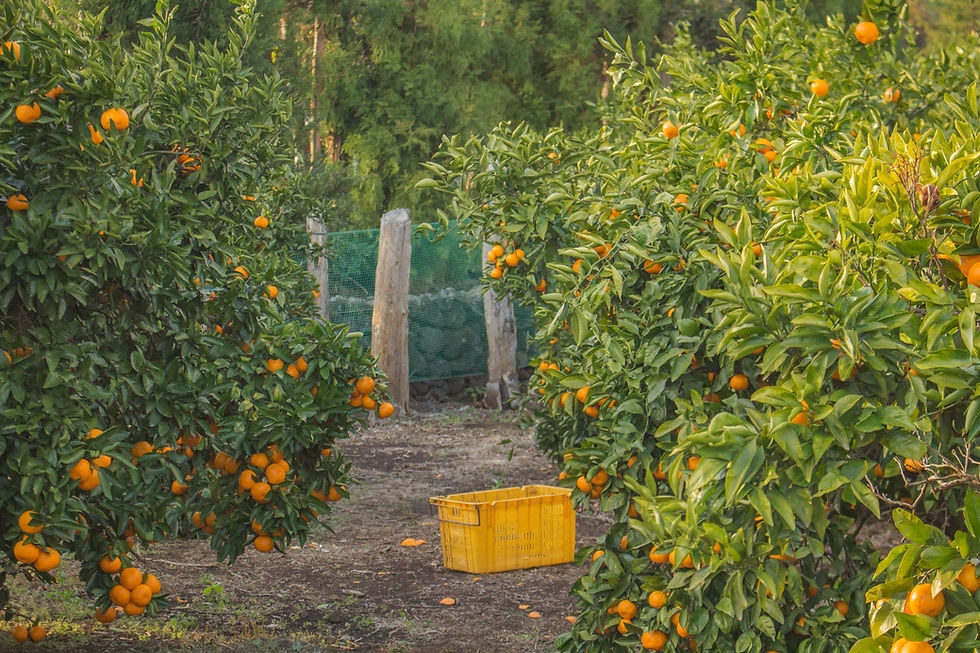Book Review: We Do Not Part by Han Kang
- Claire An
- Mar 15
- 2 min read
“We Do Not Part” is a the most recently translated work by Han Kang, one that focuses on the deeply-rooted friendship between Kyung-ha (the narrator) and In-seon with the underlying tragedy of the Jeju Massacre in the 1948-1949. Interplaying with both historical fiction and magical realism, “We Do Not Part” is a story that balances both introspection and a greater awareness of tragedy for the Jeju people.

When Han Kang had received the Noble Prize for Literature, it was news that truly brought joy. I was so proud to listen to her interview and the news of her reaction especially as I was a great fan of her work and truly loved the stories she released into the world, especially with the fact that she was the first Korean to ever win the prestigious award. Knowing and viewing Kang being recognized worldwide this upper echelon of writers, I was truly eager to visit the book with a newer lens and to what story her new translation would bring.
I knew that “We Do Not Part” would be about another tragedy in South Korea of the Jeju Massacre. As I had already read her work regarding the Gwangju Uprising, I was curious Kang would portray another tragic event. Human Acts was in a chronological world, one where perspectives in a small universe were interconnected through time, all reeling with the consequences decades after the day in 1980. Yet, would the Jeju Massacre be the same? And if it were portrayed differently, how would it be?
The first part of the story follows the perspective of Kyung-ha in Seoul. Reeling from the psychological impacts of her previous book (inferred to be about the Gwangju Uprising), the author struggles to rebuild her life individually. When called by her friend In-seon who unexpectedly cut her fingertips, Kyung-ha is brought to Jeju to take care of In-seon’s bird Ama. Interspersed with her memories of In-seon in the past and the perilous journey of Kyung-ha in a snowstorm, we learn more about the Kyung-ha and her ties with In-seon, the connection that would drive Kyung-ha all the way to save her friend’s bird.

Through the first portion of the book, Kyung-ha’s narration was almost strikingly autobiographical. Although I cannot speak for Han Kang’s personal experience, I have read her past interviews where she mentioned her emotional struggles on writing Human Acts and known from biographical articles that she has been divorced. It felt strangely odd but refreshing that the book began with more of a personal story rather than diving straight into the historical event that had taken place—a shadow.
Kyung-ha’s obsession with the snow and the shadow felt both beautiful and subtly-tragic. With the repeated motifs of fleeting shadows of both real and the unreal as well as snow both beautiful and deadly seemed to preserve the historical tragedy. The Jeju Massacre was itself a shadow, only leaving behind the fleeting shadows of those who survived. Yet, the secrets that the day left behind, in a sense, is even more harrowing as people today can only imagine the atrocities both adults and young children must have endured.
Comments